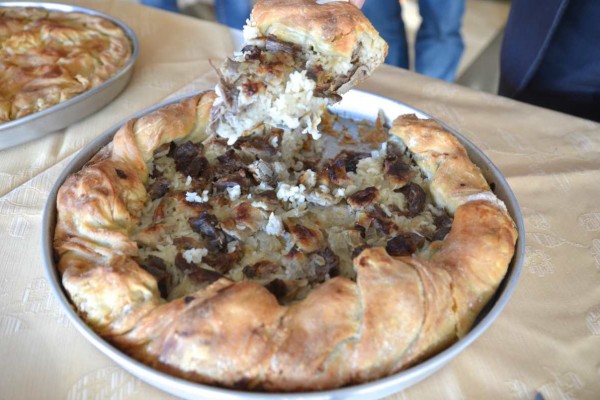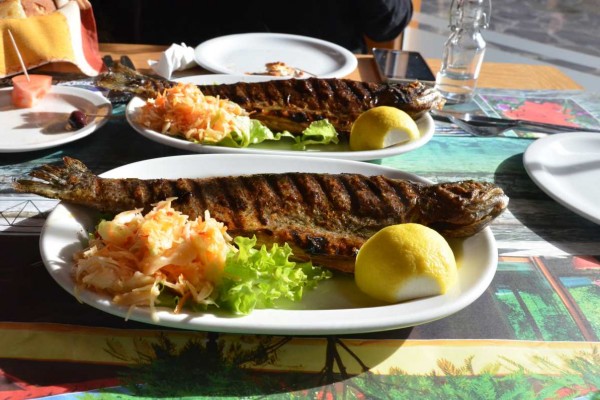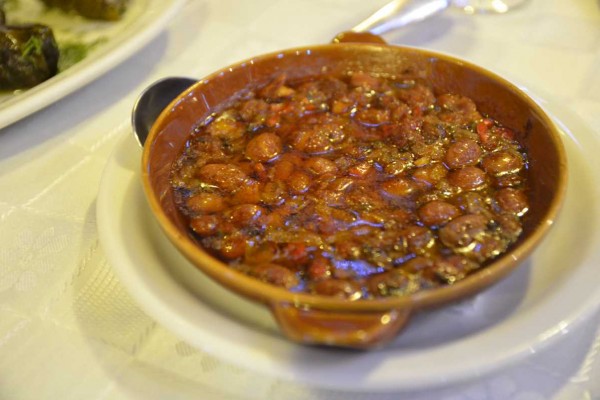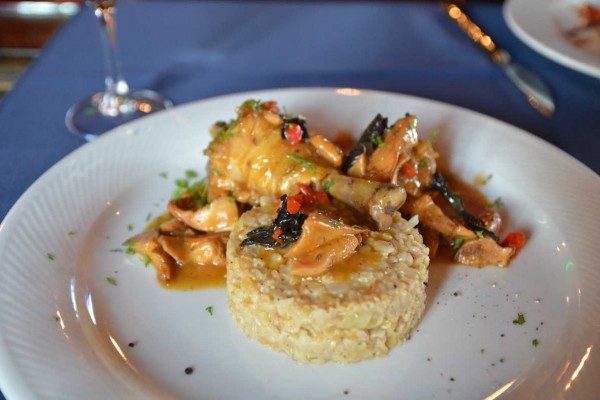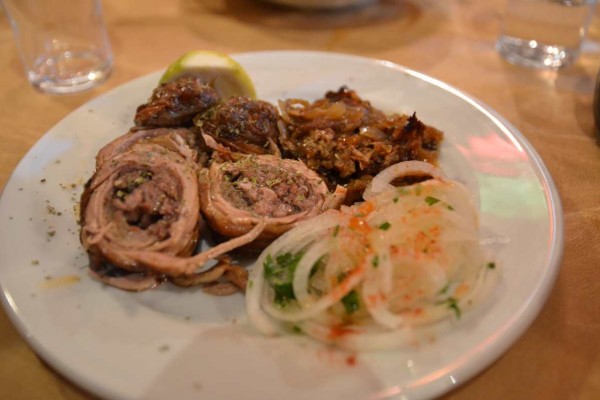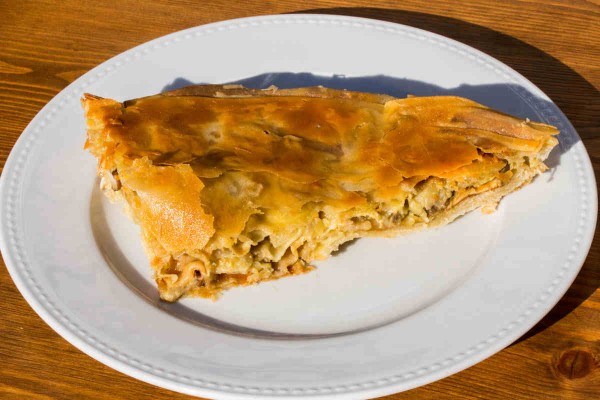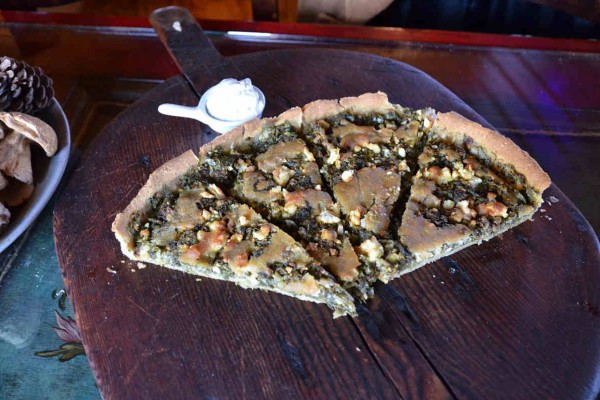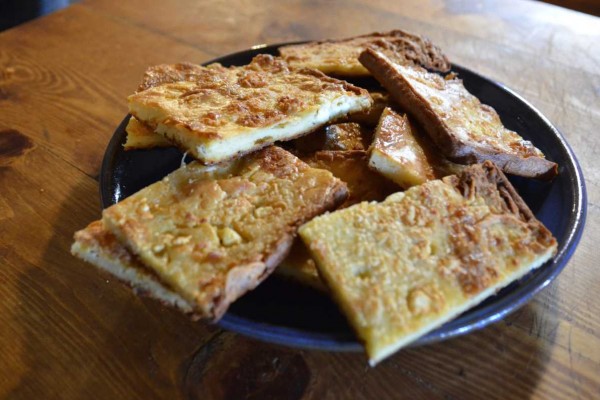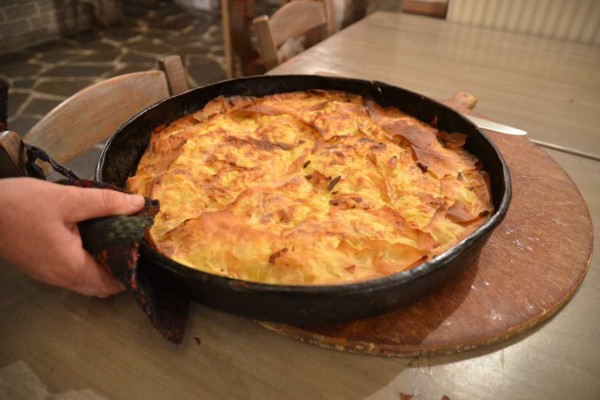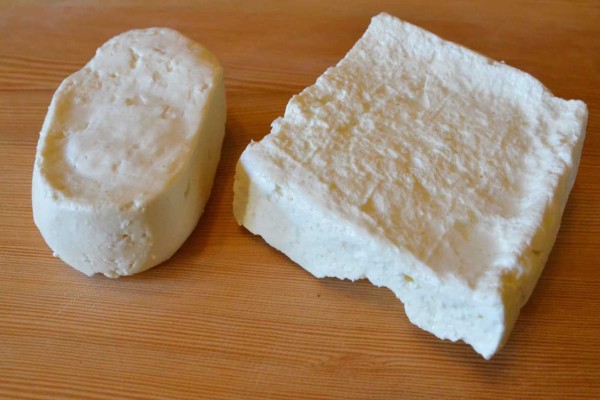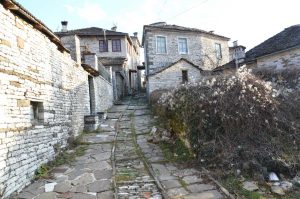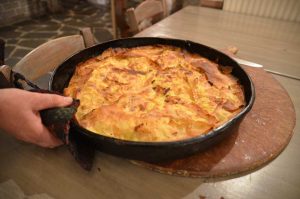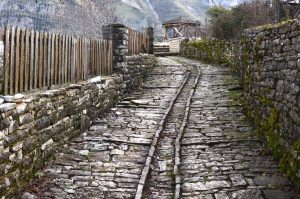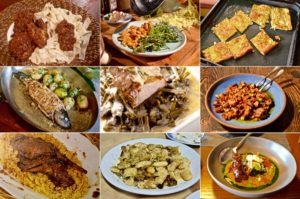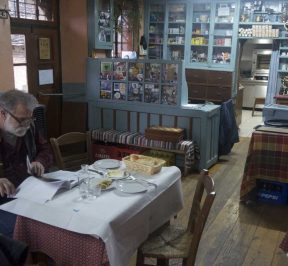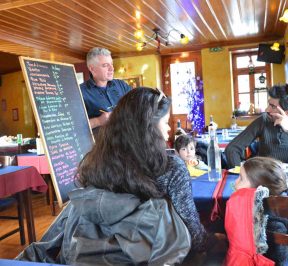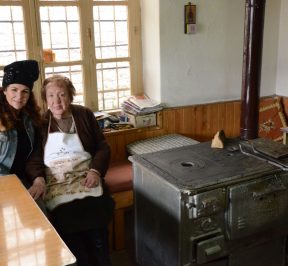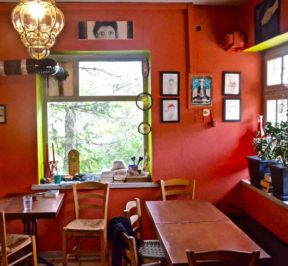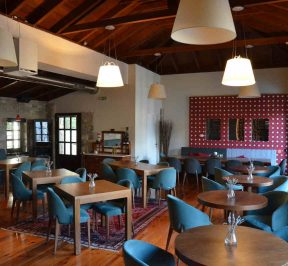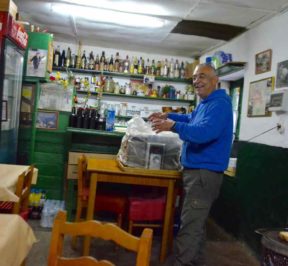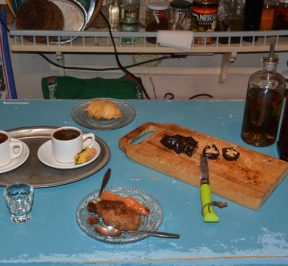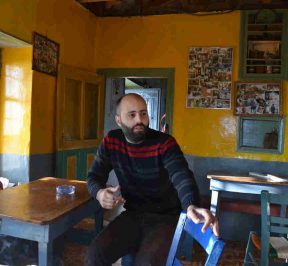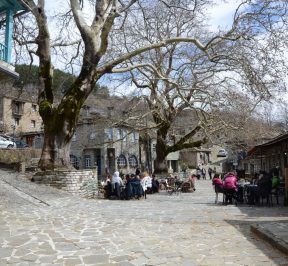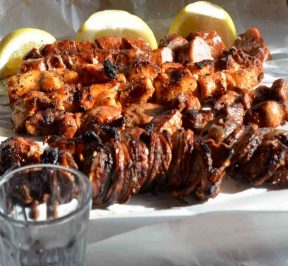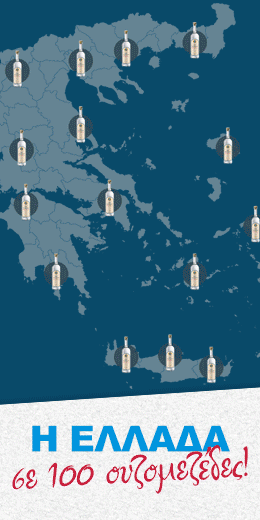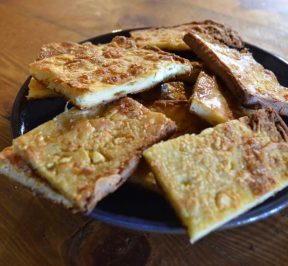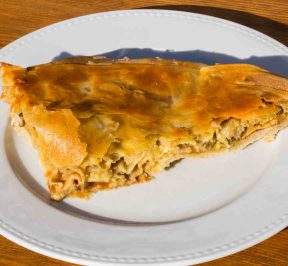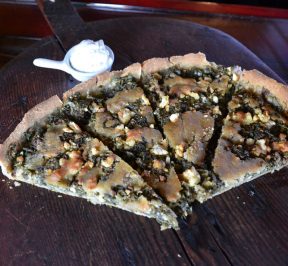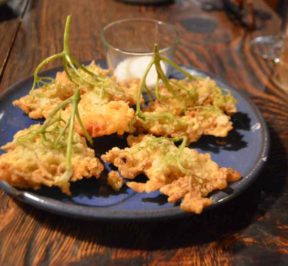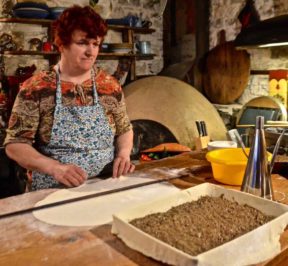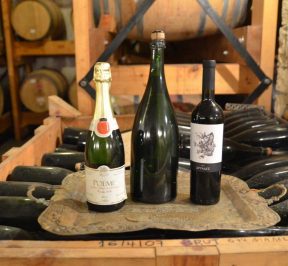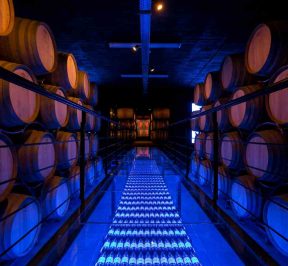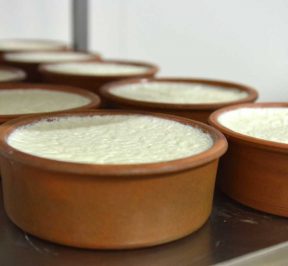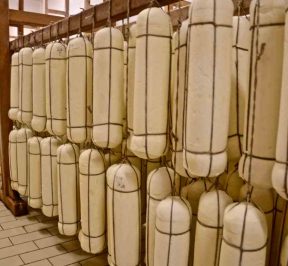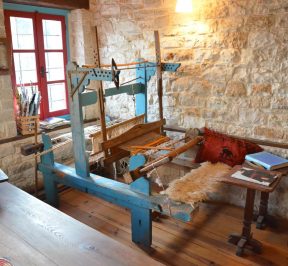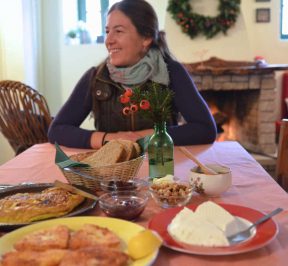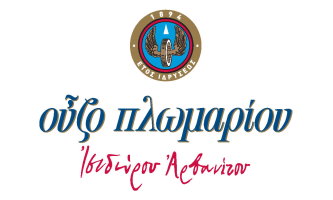Traditional Cuisine of Zagori
Η Epirus, a place poor, cruel, with wild beauty, gave birth to the great national benefactors, taught ethics and dignity, and gave gastronomy the wonderful pies her.
The impressive mountains of the Pindos mountain range, the inaccessible pastures, the wild rivers and the calm lakes have shaped the manners and customs of its inhabitants for centuries. Place isolated, sparsely populated, poor, with agricultural land covering only 10% of the land, Epirus pushed most of its population into livestock and cheese-making. Despite all the poverty and desolation, the place radiates a melancholy beauty, unique in Greece. A beauty born of pain and deprivation, as expressed by the polyphonic songs of the place.
Η continental cooking is a bridge between South and North, East and West. He marries the fasting olive oil with the sheep butter, he uses meats and vegetables, but mainly he makes pies. Corn is the typical cereal of mainland agriculture grown in mountainous fields, and corn flour, much cheaper than wheat, is the basis for breads and pies. The unforgettable scholar of continental gastronomy Alexandros Giotis, having recorded 178 pie recipes in the Epirus delicatessen, writes characteristically: "Pie in Epirus is both bread and food and food and snack, because it was the main, central part of the diet of nomadic breeders, tents, Vlachs and Sarakatsani" . The most famous pies of Epirus are casket, the cop, the blacksmith, the meat pie, the chicken pie, the cabbage pie (cabbages are mountain greens), the milk pie.
In Epirus, with its rocky, rugged mountainous areas, the meat was always consumed in large quantities, with the goat, the lamb and calf to have their honorary. Cooked goat with plenty of sauce, whole milk lamb baked in the oven with potatoes, spleen from sheep and goat entrails wrapped in intestines and cooked on a spit, toasted marinated pieces of lamb liver wrapped in roasted bread , while we must not forget the abundance of mushrooms, chestnuts and other fruits of the forest that accompanied the meat in the cooked meals.
PLACE & HISTORY - TRADITIONAL KITCHEN
TAVERNS - RESTAURANTS - CAFES


